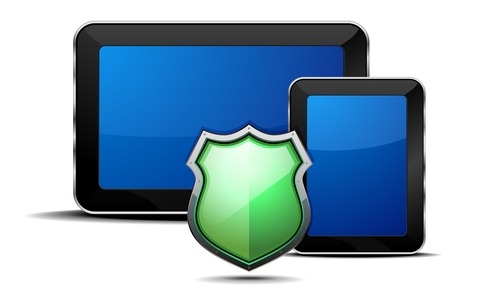How much of “you†is stored inside your smartphone? For some of you, the answer will be “My entire life.†And that’s practically true. For many, all sorts of highly private, sensitive information, including photos, are stored in that little device called a smartphone.

But here is a better question: Did you know that “you†can be hacked into or in some other way stolen? And remotely at that? And some hacking methods can be very sly and sneaky. Even if your device is tethered to your waist every second, you still need to protect it from remote thieves. Here’s how to protect your smartphone.
- Customize your mobile so that if some smart-azz at a party snatches it, they won’t be able to figure out how to get your information. Use a custom lock screen and ambiguous icons for nameless applicationsâ€"the dork-head won’t have a clue. Do you really want to have an icon sitting on your screen labeled “Finances,†“Banking Info†or “Hot Picsâ€? Remove default apps too. This won’t stop a skilled hacker, but it will stop the typical doofus in his tracks.
- Avoid public Wi-Fi such as at airports, hotels and coffee houses unless you are using a VPN from Hotspot Shield.
- Disable your GPS to keep your location hidden.
- Stay clear of unofficial versions of the popular applications. These are often found on 3rd party sites.
- If you use Google maps, disable or don’t enter your home address.
- If you’re not using the Internet, get offline.
- Keep far from applications that require some kind of strange permission.
- Don’t save your passwords in your browser, even though this is convenient. Instead use a password manager; this is more secure.
- Enable a passcode on your device. If you have an Android, customize your lock screen. For the iPhone, use a longer passcode, not a PIN.
- Go through all of your apps to make sure that they don’t have access to personal information that you don’t want them to have access to. Pay close attention to all of those checkboxes you click for the “agreement†portions of installing apps. Every month, audit your apps.
- Never save a password in a very private application like that of your bank’s. Having to log in every time is a small fee to pay for the security this brings. Similarly, always log out completely from your e-mail every time you’re done using it.
- Use cloud encryption for your personal information. The Android allows encryption for all data on the device.
- Keep the phone’s operating system and app software updated. Don’t get lax with this.
- Anti-theft software. Enable the remote wipe function. This kind of app will help you locate a lost or stolen smartphone, but don’t delay in setting this up.
- Keep a backup of all of your device’s data.
Robert Siciliano is an Identity Theft Expert to Hotspot Shield VPN. He is the author of 99 Things You Wish You Knew Before Your Identity Was Stolen See him discussing internet and wireless security on Good Morning America. Disclosures.
No comments:
Post a Comment